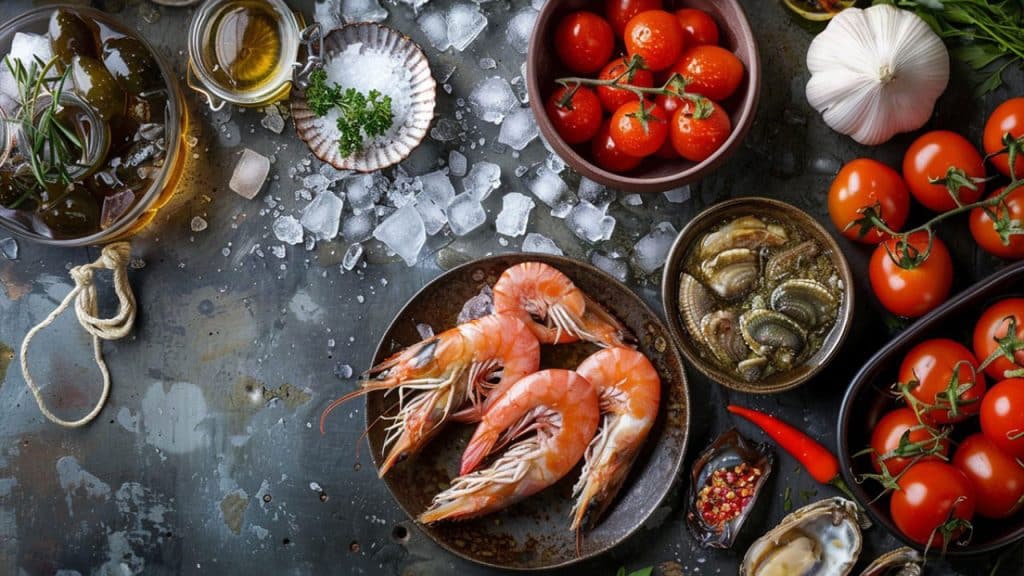Inflammation: It’s the bane of anyone trying to boost their longevity. You’re probably not looking for a pro-inflammatory diet, but it can be hard to avoid the things that cause that kind of reaction. Do you know what foods are considered pro-inflammatory? And what exactly is it that makes them troublesome (https://longevity.technology/lifestyle/pro-inflammatory-diets-contribute-to-increased-heart-failure-biomarkers/)?
You probably already know that diet is one of the most important parts of a healthy lifestyle. Despite all the confusing and sometimes contradictory advice out there, you’ve probably realized this means a balance of different nutrients, lots of fruits and vegetables, whole grains over the processed stuff, and moderation in all things. Where exactly does inflammation fit into all this?
Scientists have tried to make it a little easier with something called the Dietary Inflammatory Index (DII). They started working on it in 2004 and released the first version in 2009 but didn’t really get it working properly until 2014. The goal is to assess a person’s diet and see how it impacts certain biomarkers that are associated with inflammation. High scores are pro-inflammatory, while negative scores are anti-inflammatory. The levels of inflammation can be a wider indicator of health and certain disease risks.
Foods that are considered pro-inflammatory include the most processed and refined meats and carbohydrates, plus some of the less healthy fats. Good fats, whole grains, fruit and vegetables have more anti-inflammatory properties. That fits with what we know about healthy diets in general.
In the most recent research, scientists analyzed people’s diets to specifically investigate any links between their DII score and the N-terminal pro-B-type natriuretic peptide (NT-proBNP) biomarker. This biomarker is particularly associated with a risk of heart failure, so it’s a serious one.
They found that participants who ate more pro-inflammatory diets, and therefore had higher DII scores, also had greater levels of NT-proBNP. That meant they were under increased cardiac stress. This was true regardless of age, race or sex, or whether or not they were smokers or had pre-existing conditions.
Now, this study showed a correlation between a pro-inflammatory diet and high NT-proBNP. That’s not the same as saying it causes it. The exact nature of any link would need to be explored in more depth. It is, however, more evidence that we should try to avoid too many pro-inflammatory foods in our diet if we want to support our cardiovascular health.




